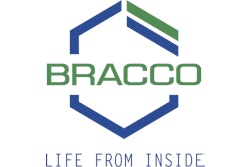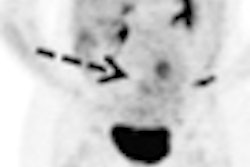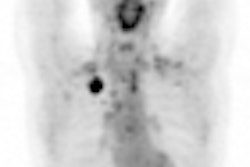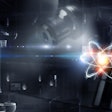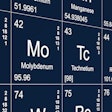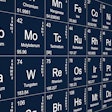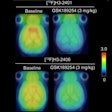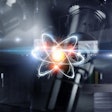The U.S. Food and Drug Administration (FDA) has issued a warning on a PET tracer used in cardiac imaging due to a problem in which several patients received more radiation than normal.
In a July 15 safety announcement, the FDA said it had received two reports in which patients injected with CardioGen-82 (rubidium-82 chloride injection, Bracco Diagnostics) had received increased radiation exposure during the PET scans. The increased radiation was due to strontium isotopes that may have been inadvertently injected into patients because of a "strontium breakthrough" problem with CardioGen-82, the agency said.
The strontium was detected by radiation sensors at an international border crossing that issued alarms when the patients crossed. The patients had received PET scans two and four months prior, respectively, and reported no other exposure to radioactive substances; because rubidium-82 has a half-life of 75 seconds, compared with 25 days for strontium, the FDA believes that the residual radiation was due to strontium breakthrough.
The FDA believes that the risk of harm from the exposure is minimal, according to the communiqué, and the amount of radiation the two patients received (about 90 mSv, versus 2.8 mSv for a normal CardioGen-82 exam) is similar to the cumulative dose that some patients might receive with other types of radionuclide heart scans. It would take a much larger dose of radiation to cause severe adverse health effects, the agency reported.
The agency said it is investigating the cause of the overexposures and will alert the public with updates. In the meantime, the FDA is advising healthcare professionals to perform the required testing and quality control procedures to identify signs of strontium breakthrough from CardioGen-82. Providers should also consider alternative imaging exams that do not use CardioGen-82 while the FDA completes its investigation.
In response to the FDA notice, Kim McDaniel, Bracco's senior director of nuclear medicine sales and market support, said, "Patient safety is a huge concern for Bracco and we take this report very seriously. We are working directly with the FDA and other regulatory agencies to uncover the root of this issue that was reported."
McDaniel added that the company has no additional information on the two patients who set off radiation sensors at the international border crossing. "There is an ongoing investigation into exactly where the radiation came from, because the role of CardioGen has not been determined yet," she said.
As for the increased radiation due to strontium isotopes that may have been inadvertently injected into patients, McDaniel explained that strontium-82 and strontium-85 are part of the rubidium-82 generating process. When normal saline is eluted over the strontium column, rubidium-82 is produced.
"There is some strontium-82 and strontium-85 that comes out with every injection of CardioGen," she added. "There are limits to it, so if it surpassed the limit, per se, then that's one thing. Again, we have not been given a lot of information about the exact levels of that."
McDaniel said that Bracco takes a "very proactive approach" to training its customers to reinforce the importance of quality control. "It is a critical part of the safe administration of any isotope, and particularly the quality control for CardioGen," she said. "There are limits to strontium-82 and strontium-85 that are allowed, and we want to make sure [users] are doing daily quality control as outlined in our product indication."
Patients who have recently received heart scans should talk to their healthcare providers, and if they have an upcoming scan, they should discuss whether CardioGen-82 will be used. If it will be used, patients may wish to delay the scan or consider another option, the FDA said.
The FDA provided additional guidance for patients and healthcare providers, which can be reached by clicking here.





